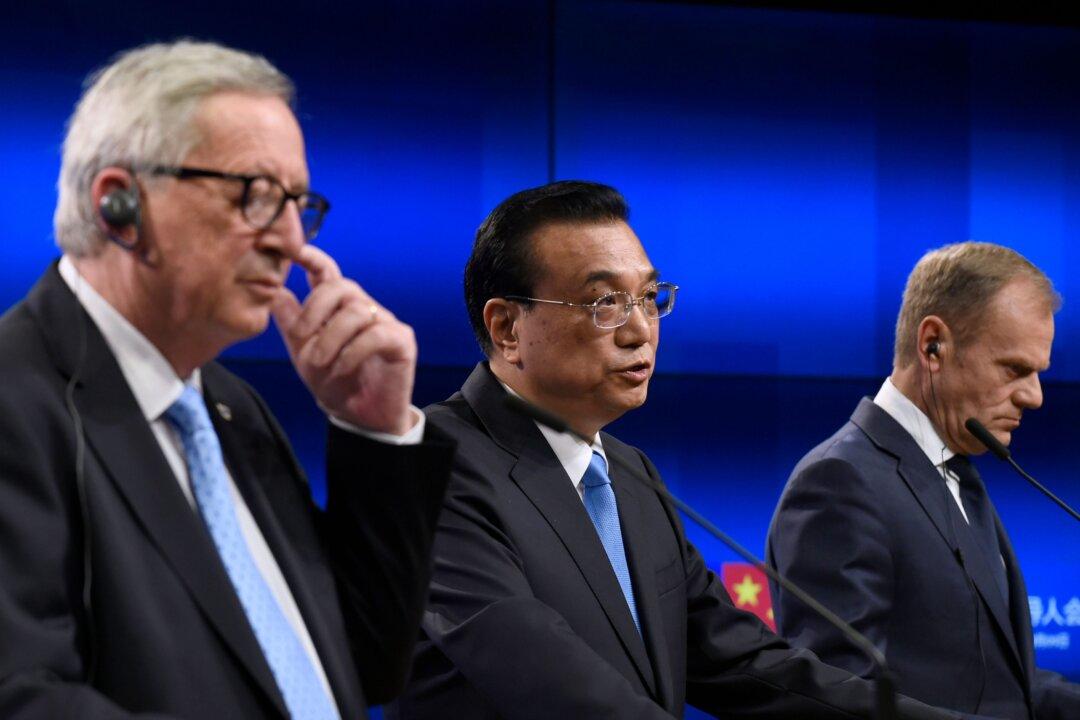BEIJING—Cases of European firms forced to transfer technology in China are increasing despite Beijing saying the problem doesn’t exist, a European business lobby said, adding that its outlook on the country’s regulatory environment is “bleak.”
China’s trading partners have long complained that their companies are often compelled to hand over prized technology in exchange for access to the world’s second-largest economy.





